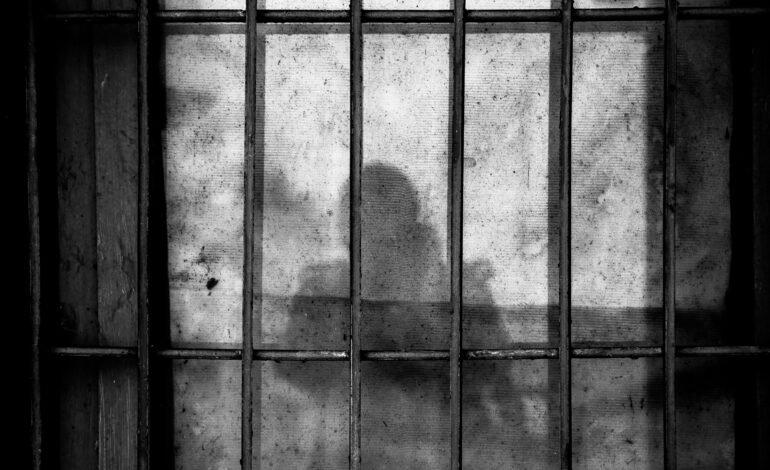Tennessee to execute inmate with live defibrillator in chest
Tennessee has scheduled an execution for this Tuesday that could set a precedent in the judicial history of the United States: it would be the first time

Photo of Ye Jinghan in Unsplash
Tennessee has scheduled an execution for Tuesday that could set a precedent in U.S. judicial history: it would be the first time a man is executed while having a functioning defibrillator implanted in his chest.
Gov. Bill Lee on Monday refused to grant clemency to 69-year-old Byron Black, allowing his execution to move forward despite medical and ethical questions surrounding the case. Black was convicted of the 1988 shooting deaths of his partner, 29-year-old Angela Clay, and their two daughters, Lakeisha, 6, and Latoya, 9, in an attack that prosecutors called a jealous rage. At the time, Black was serving a work-release sentence for earlier shootings of Clay’s estranged husband.
Medical controversy and possible effects of the defibrillator
What makes this execution unique is that Black has an implanted cardioverter-defibrillator, a device that acts as both a pacemaker and an emergency defibrillator. His lawyers argue that the device should not be activated to prevent him from reacting during the lethal injection, otherwise it would cause unnecessary pain or prolong the process. Although a trial judge ruled in favor of deactivating the device, the state Supreme Court overturned that decision on July 31, allowing the execution to proceed without modification.
State authorities insist that the drug used, pentobarbital, will render Black unconscious, and that even if the defibrillator were activated, he wouldn't feel anything. However, his lawyers contradict this account, pointing out that the effects of pentobarbital don't guarantee freedom from pain, especially for someone with his medical conditions.
Black is wheelchair-bound and suffers from dementia, brain damage, kidney failure, congestive heart failure, and other conditions. Disabling the defibrillator doesn't require surgery; a doctor can turn it off using a special device placed on the chest.
“The risk of this becoming a grotesque spectacle is real,” warned Kelley Henry, Black’s attorney.
In addition to the medical aspect, the case has rekindled the debate over the participation of health professionals in executions, which many consider a violation of medical ethics.
Claims for intellectual disability and judicial context
Black's defense team has sought for years to obtain a hearing to determine whether he suffers from an intellectual disability, which would make him ineligible for the death penalty under U.S. Supreme Court case law. However, courts often reject these requests, arguing that they have already been evaluated. Paradoxically, even the Nashville District Attorney's Office supported the idea of Black receiving a new hearing under a 2021 state law in 2022, but was denied.
Angela Clay's sister, Linette Bell, told local media: "He showed no mercy to them, so why should we show mercy to him?"
Second execution in Tennessee in 2025
If the execution goes ahead, it will be the second in Tennessee since May, following a five-year hiatus due to the pandemic and administrative errors. This year, the US has already executed 27 people, and at least nine more executions are scheduled in seven states. With these figures, 2025 is shaping up to be the year with the most executions since 2015.
For more stories like this, follow More Latin.
Sources:
